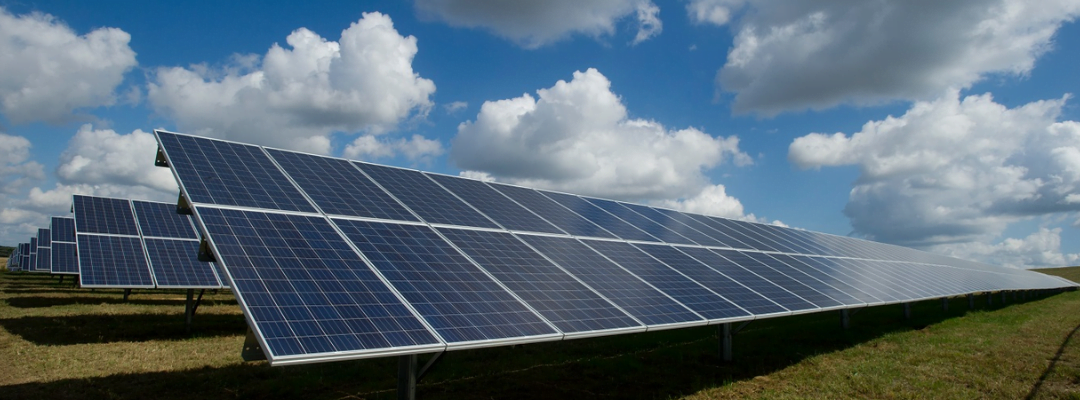Rising Electricity Costs? Switch to Solar & Save!
Karnataka has witnessed a significant rise in electricity tariffs, with rates increasing by ₹2.89 per unit. Instead of worrying about soaring power bills, now is the perfect time to switch to solar energy. A solar power system can help you cut your electricity expenses by up to 80%, while also reducing your carbon footprint. Partnering with the best solar EPC company in Karnataka ensures smooth installation, reliable performance, and long-term savings.
Solar Subsidy in Karnataka – How Much Can You Save?
The Indian government has introduced enhanced financial incentives to encourage solar adoption under the PM Surya Ghar Muft Bijli Yojana. While Karnataka doesn’t offer a state-specific subsidy, residential consumers installing grid-connected rooftop solar systems can apply for Central Financial Assistance (CFA) via the National Rooftop Solar Portal.
Here’s a breakdown of the current subsidy structure:
| System Capacity | Subsidy Amount |
| Up to 2 kWp | ₹30,000 per kW |
| For 3 kWp | ₹78,000 (fixed) |
| Above 3 kWp | ₹78,000 (maximum) |
How to Apply for a Solar Subsidy?
Claiming your Solar Subsidy in Karnataka is easy if you follow these steps:
- Visit the National Rooftop Solar Portal and register.
- Choose an approved solar vendor to install the system.
- Submit the necessary documents and await verification.
- After installation, the subsidy amount will be credited to your bank account.
Karnataka’s Renewable Energy Policy (2022-27) – A Game Changer!
Karnataka is aggressively pushing solar energy expansion, with a goal to install 1000 MW of grid-connected rooftop solar projects by 2027.
Key Highlights of Karnataka’s Solar Policy
- Boosting rooftop solar installations on public and private buildings.
- Deploying floating solar plants on reservoirs and dams.
- Setting up EV-charging solar stations using rooftop and ground-mounted PV plants.
- Transitioning agricultural pumps and feeders to solar-powered systems.
- Encouraging hybrid energy projects, combining wind and solar power.
To achieve these ambitious targets, the state government has introduced progressive measures, including:
- Freedom to Sell Solar Energy: Developers can sell energy within and outside Karnataka as per electricity guidelines.
- Simplified Land Approvals: Fast-tracked land acquisition for solar projects.
- Net & Gross Metering Benefits: Consumers can sell excess solar energy back to the grid.
- Peer-to-Peer Energy Trading: Facilitating direct energy exchange among consumers.
- Floating Solar Initiatives: Long-term leases for solar projects on water bodies.
- Support for Farmers: Assisting 10,000 farmers in installing solar systems under the PM KUSUM Yojana.
Solar Energy Investment in Karnataka – A Booming Market!
Karnataka has become a top destination for solar investments, attracting leading corporations such as Amazon and Tata Power.
Why is Karnataka a Solar Hotspot for Businesses?
Investment Incentives:
- Up to 100% exemption on stamp duty for solar projects.
- Complete electricity duty exemption for 8 years.
Financial Benefits for Large Solar Projects:
- 2.25% of turnover as an investment promotion subsidy (for 6-10 years).
- Full reimbursement on land conversion fees.
- 40% accelerated depreciation on solar installations (1 MW+ projects).
- 10-year tax holiday for solar projects.
Open Access Solar Opportunities:
- Karnataka led in open-access solar installations in H1 2022.
- Green open-access projects get priority over conventional ones.
Karnataka’s Solar Energy Potential – The Numbers Speak!
Karnataka enjoys abundant sunshine, with an estimated solar potential of 25 GW. The state receives 240-300 sunny days annually, with solar radiation levels ranging from 5.4 to 6.4 kWh/m²/day.
- Installed Solar Capacity (as of Oct 2023): 9.3 GW
- Karnataka’s Rank in India’s Solar Market: 3rd Largest Solar State
Pavagada Solar Park – A Global Solar Marvel
Karnataka is home to Pavagada Solar Park (Shakti Sthala), India’s second-largest solar power facility. With a capacity of 2,050 MW, this massive project once held the title of the world’s largest solar park.
Upcoming Ultra-Mega Solar Power Projects
- Bidar Solar Park – 2,500 MW
- Koppal Solar Park – 2,500 MW
- Gadag Solar Park – 2,500 MW
With such large-scale projects underway, Karnataka is set to lead India’s clean energy revolution!

